Iranian cinema has a long and fascinating history that spans more than a century. Over the years, Iranian filmmakers have produced some of the most unique and thought-provoking movies in the world. From stunning cinematography to intricate storytelling, Iranian movies have captured the hearts of movie-goers around the world.
In this article, we will take a closer look at some of the best Iranian movies ever made. We will explore the themes, styles, and techniques used by Iranian filmmakers and discover what makes these movies so special. So, let’s begin our journey through Persian cinema and uncover some of its greatest treasures.
The Golden Age of Iranian Cinema
During the 1960s and 1970s, Iranian cinema experienced a golden age, marked by a surge of creativity and artistic expression. This period saw the emergence of several talented directors and actors who would later become household names in the film industry.
The Cow (1969)
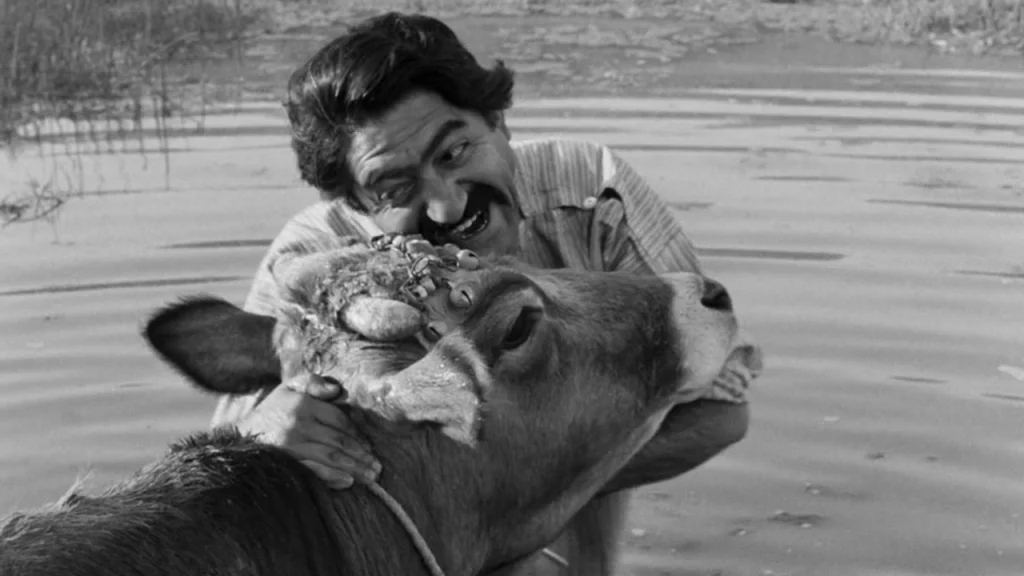
One of the most celebrated movies from this era is The Cow (1969), directed by Dariush Mehrjui. The movie tells the story of a poor villager who becomes deeply attached to his beloved cow. When the cow suddenly dies, the villager’s life is turned upside down, and he begins to lose his grip on reality.
The Cow is a beautiful and poignant movie that explores themes of loss, grief, and the human-animal bond. Its stunning cinematography and powerful storytelling have earned it a place among the best Iranian movies ever made.
The Cycle (1978)
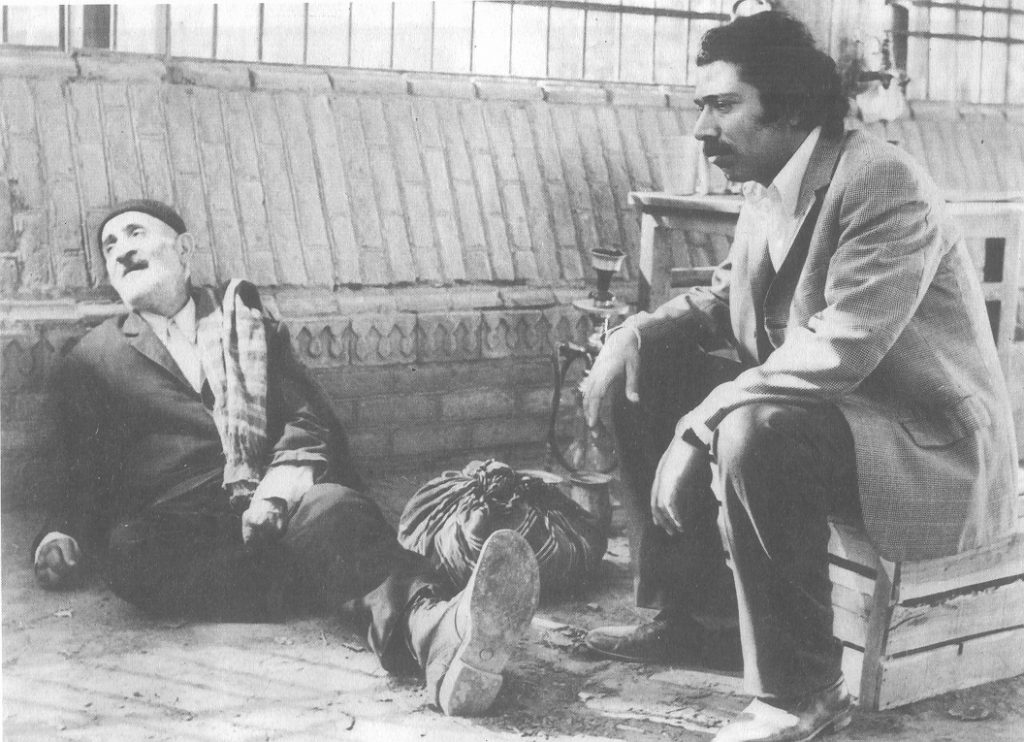
Another masterpiece from the golden age of Iranian cinema is The Cycle (1978), directed by Dariush Mehrjui. The movie follows the lives of four brothers who work as bicycle couriers in Tehran. As they struggle to make ends meet, they each face their own personal challenges and must find a way to overcome them.
The Cycle is a powerful and emotional movie that highlights the struggles of ordinary people in Iran during a time of political and social upheaval. Its beautifully crafted scenes and strong performances make it a must-see for anyone interested in Persian cinema.
New Wave Iranian Cinema
In the 1990s, Iranian cinema underwent a dramatic transformation, as a new generation of filmmakers emerged with fresh ideas and bold new visions. This period saw the birth of the new wave of Iranian cinema, which would go on to make a huge impact on the global film industry.
Close-Up (1990)
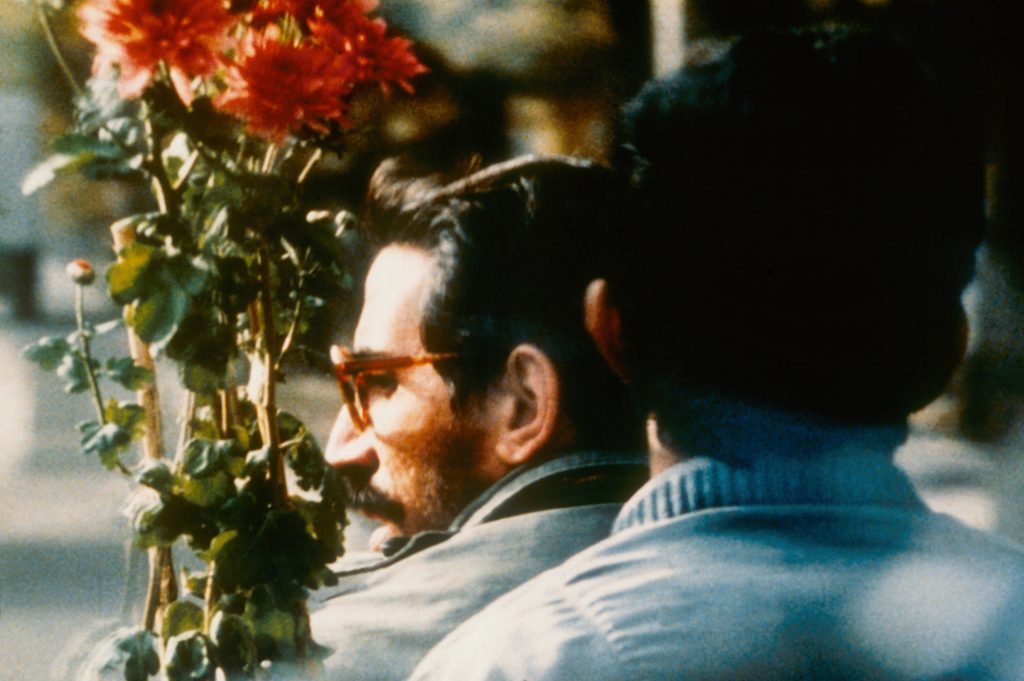
One of the most iconic movies from this period is Close-Up (1990), directed by Abbas Kiarostami. The movie blurs the line between documentary and fiction, as it tells the story of a man who impersonates the famous Iranian filmmaker Mohsen Makhmalbaf.
Close-Up is a fascinating and unconventional movie that explores the nature of identity, truth, and representation. Its innovative style and thought-provoking themes have earned it a place among the best Iranian movies of all time.
Taste of Cherry (1997)
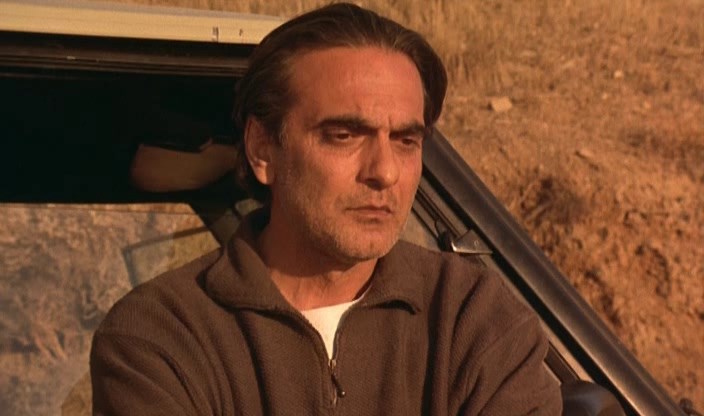
Another standout movie from the new wave of Iranian cinema is Taste of Cherry (1997), directed by Abbas Kiarostami. The movie follows a man who drives around Tehran, looking for someone who will bury him after he commits suicide.
Taste of Cherry is a haunting and deeply philosophical movie that raises questions about life, death, and the meaning of existence. Its striking cinematography and powerful performances have earned it numerous awards, including the prestigious Palme d’Or at the Cannes Film Festival.
Modern Iranian Cinema
Iranian cinema continues to evolve and thrive in the present day, as a new generation of filmmakers push the boundaries of storytelling and filmmaking. The movies produced in recent years reflect the changing social, cultural, and political landscape of Iran.
A Separation (2011)
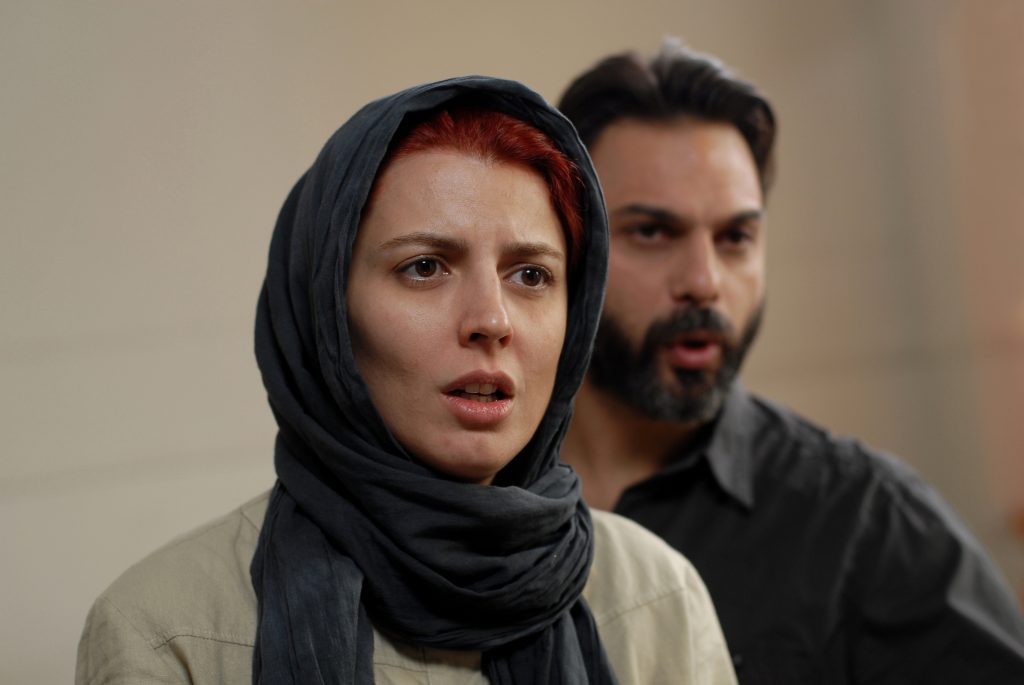
One of the most successful Iranian movies of all time is A Separation (2011), directed by Asghar Farhadi. The movie tells the story of a couple who decide to separate, and the impact that their decision has on their daughter and those around them.
A Separation is a powerful and emotionally charged movie that delves into themes of family, class, and morality. Its superb performances and nuanced storytelling have earned it critical acclaim and numerous awards, including the Academy Award for Best Foreign Language Film.
The Salesman (2016)
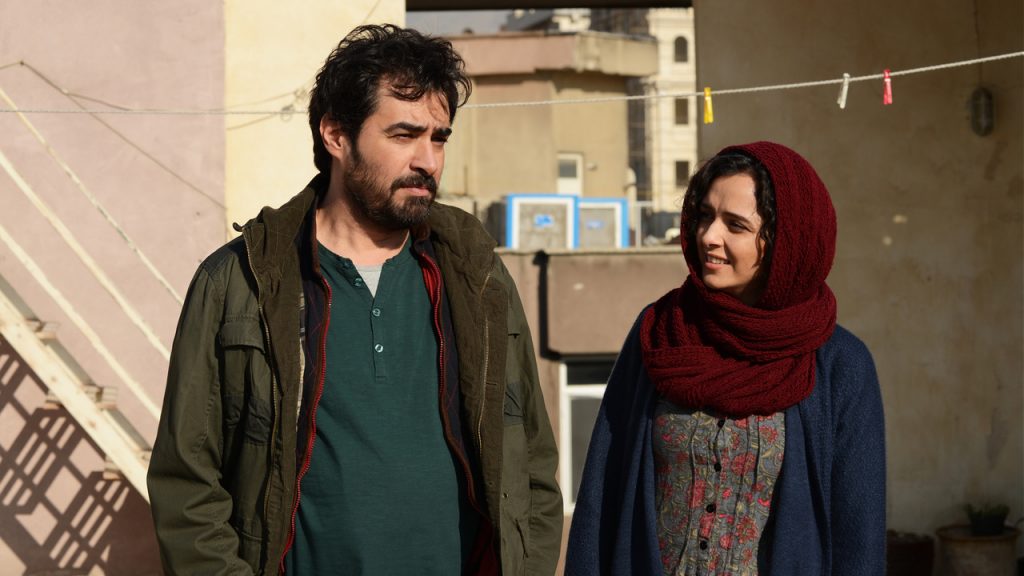
Another great movie from the modern era of Iranian cinema is The Salesman (2016), also directed by Asghar Farhadi. The movie follows a couple who are forced to move into a new apartment after their old one collapses. As they adjust to their new surroundings, they become embroiled in a series of events that threaten to tear their relationship apart.
The Salesman is a gripping and intense movie that explores themes of revenge, forgiveness, and the complexities of human relationships. Its powerful performances and expertly crafted story have made it one of the best Iranian movies of recent times.
Iranian cinema is a treasure trove of cinematic masterpieces, with a rich history and a bright future. From the golden age of the 1960s and 1970s to the new wave of the 1990s and the modern era of today, Iranian filmmakers have consistently produced some of the most thought-provoking and emotionally charged movies in the world.
The best Iranian movies explore universal themes and issues, with a deep understanding of human nature and a focus on nuanced storytelling. Whether you are a seasoned film buff or a casual movie-goer, discovering the world of Iranian cinema is a journey that is well worth taking.
What makes Iranian cinema unique?
Iranian cinema is unique in many ways, with a focus on realism, social commentary, and nuanced storytelling. Iranian movies often explore complex themes and issues, such as family, identity, and politics, with a deep sensitivity and understanding of human nature.
Can Iranian movies be enjoyed by non-Iranian audiences?
Absolutely. Iranian movies have gained a global following due to their universal themes, expert craftsmanship, and unique cultural perspective. While some movies may have references to Iranian culture or history, their overall message and impact can be appreciated by anyone.
